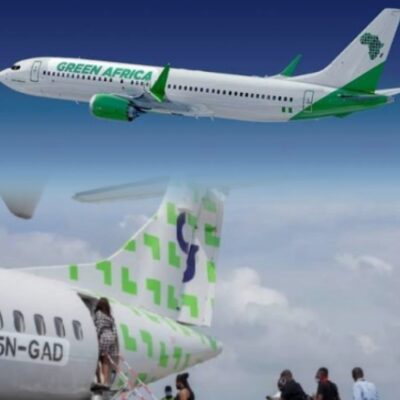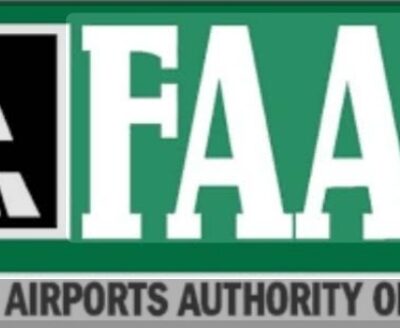The Natural Oil and Gas Suppliers Association of Nigeria (NOGASA) rose from its 2023 national executive council meeting on Thursday with a stern warning of worsening economic crunch; saying the operating environment has become too toxic to support efficient procurement and distribution of petroleum products.
NOGASA, a body of petroleum products marketers, said there were mass shutdowns of filling stations and tankers in the last couple of days as products dealers succumb to a litany of challenges asphyxiating them.
Top on the list is their inability to secure foreign exchange and bank loans to import products. Other challenges are skyrocketing prices of diesel (N1,100/litre), costly tanker spare parts, bad roads, incredible bureaucratic bottlenecks at the ports, naira’s rapid depreciation, insecurity leading to incessant attacks on drivers and other challenges that hamper product procurement and distribution.
They said the horror required the government’s urgent intervention as it was evident that by December, virtually all independent marketers would have packed up, if help did not come.
According to the national president of NOGASA, Mr Benneth Korie, if nothing is done to stem the tide and improve the downstream sector, thousands of jobs would be lost as it was sure that marketers would close shop in no distant time.
He said: “NOGASA is seriously worried that between now and December this year, in the absence of government’s urgent intervention, there would be increase in loss of lives, businesses and jobs with the accentuation by mass shut down of filling stations and packing up of petroleum tankers, all due to unattainable high cost of importation, lifting, transportation and distribution of petroleum products.
“The price of diesel has hit N1,000 per liter. This is just “a flash in the pan”, and suppliers are at the very bitter receiving end of this precarious development.
“It will be recalled that while NOGASA applauded the removal of fuel subsidy, we warned and advised that the right steps be taken to cushion its effects for the survival of citizens and businesses’ ‘, Korie stated.
He also disclosed that depot owners were also terribly affected by the increasing cost of the crude and exchange rate to the extent that many of them are practically deserted; as their owners are unable to secure bank loans to fund their business which is also due to high interest rates.
“Banks are not willing to guarantee funds to stakeholders as a result of the difficulty, instability and galloping rates of foreign exchange and high cost of the dollar. Many Depots are presently dried up or out of stock, and this is no gainsaying as it is evidently verifiable.
“Worst hit are filling stations whose owners find it extremely difficult to secure funds to procure products for their retail outlets and both the independent and major marketers are so terribly affected that as at today, filling stations are shutting down in great numbers on a daily basis and dealers are going out of business with many more on the verge of bankruptcy because of their inability to secure funds to facilitate orders for their stations.
“Government must, therefore, urgently come to the aid of the industry as quickly as possible to save it from an impending collapse, which will in turn result in a more devastating blow to the economy at large”, Korie added.
Daily sun also observed that queues have returned to many filling stations in Abuja following cutback in the quantity of petrol procured and distributed.
From central area to zuba, a very long stretch in the FCT, only about three filling stations sold petrol as motorists engaged in panic buying, fearing a likely hike in pump price of petrol.
Penultimate Thursday, some petrol dealers forecast that the pump price should hover between N890 to N900/litre based on the fall of the naira against the United States dollar and the surge in the price of crude in the international market.
Petrol currently sells at between N598 and N617/litre depending on locations, fuelling suspicion that the commodity is being subsidised by the Federal Government.
However, neither the government nor the NNPCL had officially admitted that subsidy on petrol has been reintroduced.
Olapeju is a journalist and aviation reporter.





